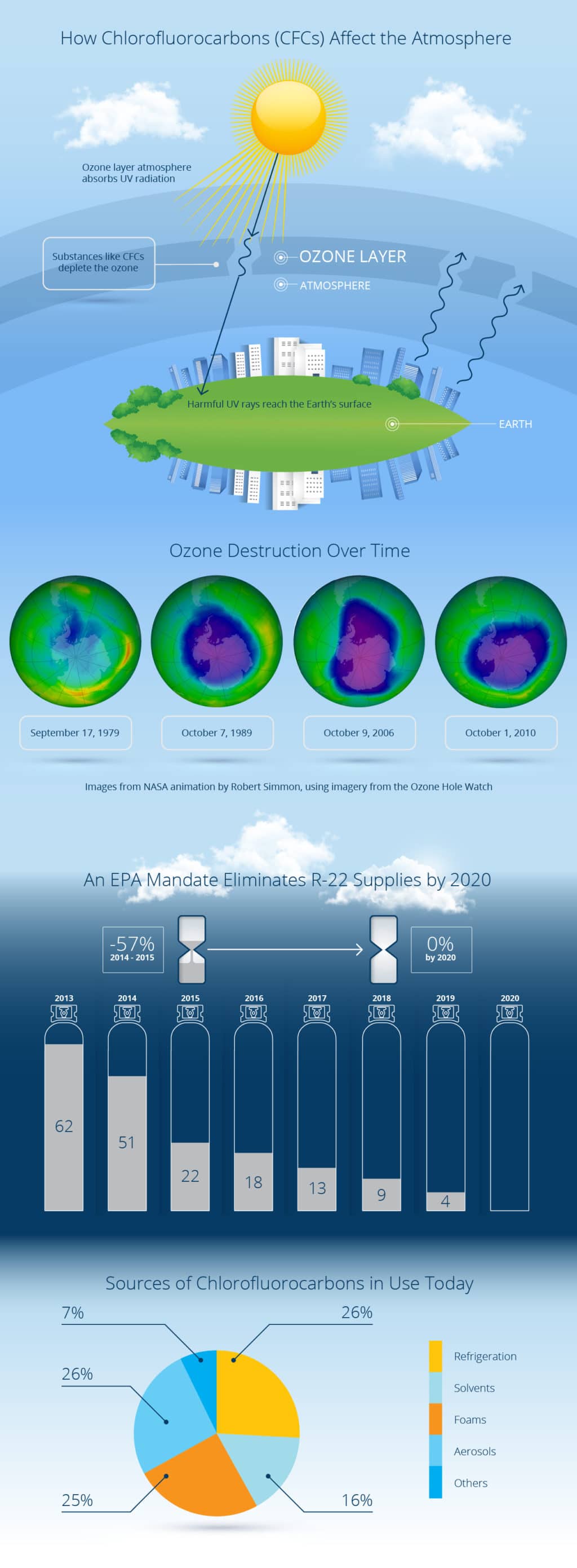The Future Of Home Home Heating - Just How Heatpump Technology Is Progressing
The Future Of Home Home Heating - Just How Heatpump Technology Is Progressing
Blog Article
Author-Marshall Ringgaard
Heat pumps will be a vital technology for decarbonising home heating. In a situation constant with governments' introduced energy and climate dedications, their international ability increases by 2030, while their share in home heating rises to one-quarter.
They work best in well-insulated homes and depend on electricity, which can be supplied from a sustainable power grid. Technological breakthroughs are making them extra effective, smarter and more affordable.
Fuel Cells
Heatpump utilize a compressor, refrigerant, coils and fans to relocate the air and warmth in homes and appliances. They can be powered by solar energy or electrical power from the grid. They have actually been acquiring popularity because of their affordable, quiet operation and the ability to create power during peak power demand.
Some firms, like IdaTech and BG MicroGen, are working with fuel cells for home heating. These microgenerators can replace a gas central heating boiler and generate some of a house's electrical needs with a link to the electrical energy grid for the rest.
But there are reasons to be skeptical of using hydrogen for home heating, Rosenow says. It would be pricey and inefficient contrasted to other innovations, and it would add to carbon emissions.
Smart and Connected Technologies
Smart home technology allows homeowners to connect and regulate their gadgets from another location with the use of smart device applications. For lossnay ventilation , wise thermostats can learn your heating choices and automatically adjust to optimize power intake. Smart lighting systems can be managed with voice commands and automatically switch off lights when you leave the room, lowering power waste. And clever plugs can monitor and manage your electric usage, allowing you to identify and restrict energy-hungry devices.
The tech-savvy home illustrated in Carina's interview is a good image of just how passengers reconfigure space home heating practices in the light of new clever home technologies. They depend on the gadgets' computerized features to perform day-to-day adjustments and regard them as a hassle-free means of conducting their heating practices. Thus, they see no reason to adjust their methods better in order to enable flexibility in their home energy need, and treatments focusing on doing so may encounter resistance from these houses.
Electricity
Since heating up homes make up 13% people discharges, a switch to cleaner options can make a huge distinction. Yet the technology deals with difficulties: It's pricey and needs considerable home restorations. And it's not always compatible with renewable resource resources, such as solar and wind.
Till lately, electric heat pumps were as well expensive to take on gas models in many markets. But brand-new developments in design and materials are making them a lot more cost effective. And ventilation systems christchurch is allowing them to function well also in subzero temperatures.
The next step in decarbonising heating might be the use of warmth networks, which attract warmth from a central source, such as a neighboring river or sea inlet, and distribute it to a network of homes or structures. That would certainly lower carbon discharges and enable houses to take advantage of renewable resource, such as eco-friendly power from a grid provided by renewables. This option would be less pricey than switching over to hydrogen, a nonrenewable fuel source that requires new infrastructure and would just reduce CO2 emissions by 5 percent if paired with enhanced home insulation.
Renewable resource
As electrical energy rates go down, we're beginning to see the very same pattern in home heating that has actually driven electrical vehicles right into the mainstream-- but at an even faster speed. The strong environment situation for impressive homes has been pressed better by brand-new study.
heat pump cleaning services account for a considerable share of modern warmth usage, yet have been provided limited plan interest worldwide compared to various other end-use fields-- and also less attention than electrical power has. Partly, this shows a mix of consumer inertia, divided motivations and, in lots of countries, subsidies for fossil fuels.
New technologies could make the change less complicated. For instance, heat pumps can be made a lot more energy reliable by replacing old R-22 refrigerants with brand-new ones that don't have the high GWPs of their precursors. Some experts also picture district systems that attract warmth from a nearby river or sea inlet, like a Norwegian arm. The cozy water can after that be used for cooling and heating in an area.